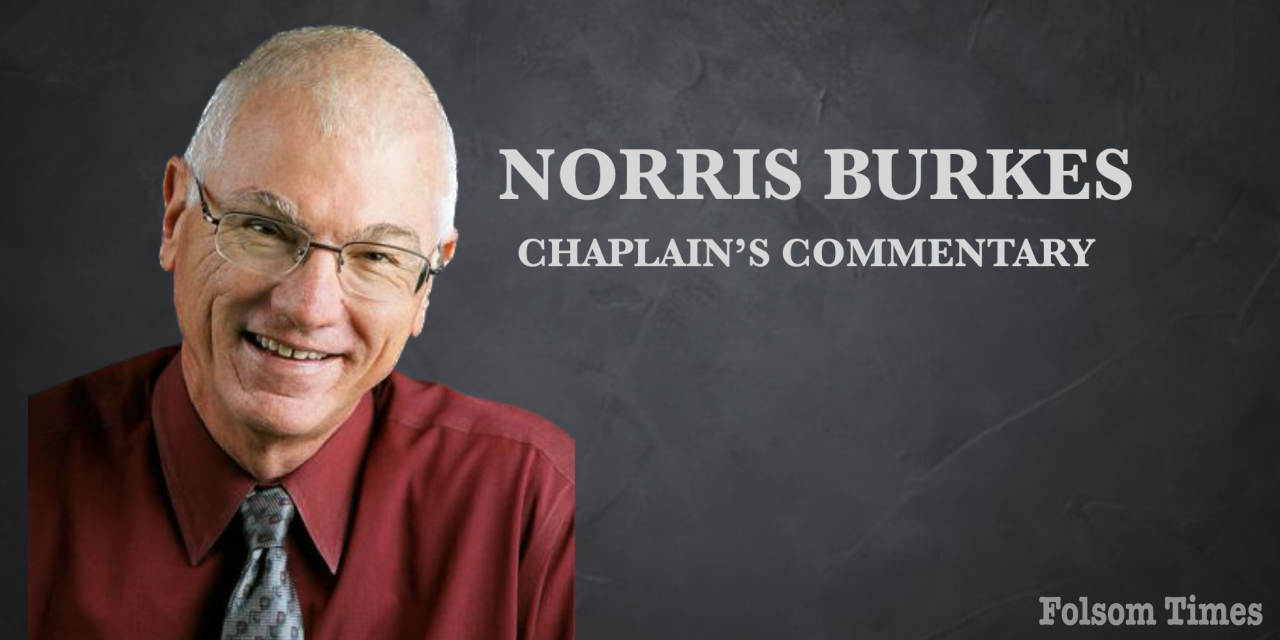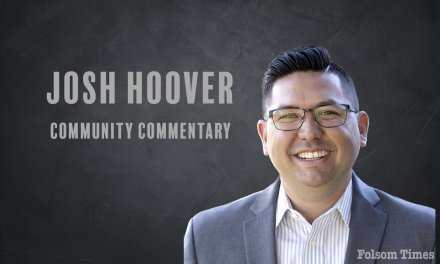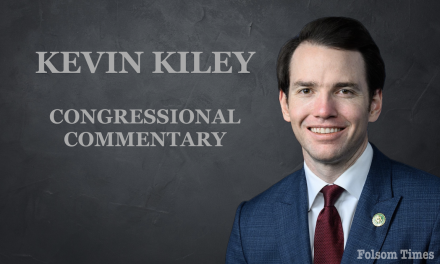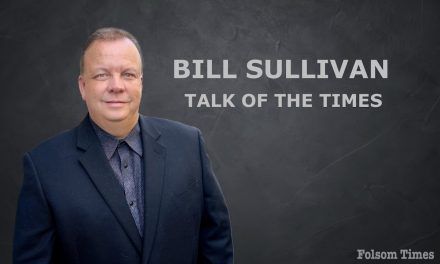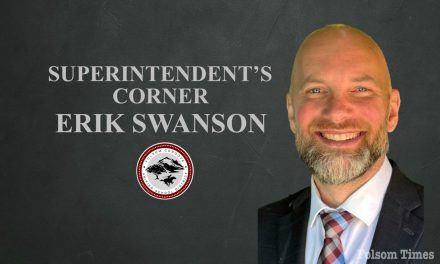“Norris Burkes,” I yell into the ear of an elderly man standing inside a boisterous hotel banquet hall. “I was on your cross-country running team.”
Coach Gary Kuhn smiles and repeats my name with the feigned recognition people give at high school class reunions. Still, 50 years is a long time ago, so I retrace the way back to where our stories intersected.
It was a hot summer evening in 1974 when Coach led us on a 10-mile run through the unincorporated town of Atascadero. We’d run half of it when Kuhn noticed me limping alongside his pace car.
“Burkes! What’s the matter?”
“Shin splints, I think.”
“Get in!”
“Gladly.”
A half hour later, Kuhn dropped me off at my empty house. Even with my parents away for the week, it was easy to fall asleep.
Ten hours later, I threw my feet on the floor and suddenly felt my left leg buckle.
I had learned to accept my adolescent clumsiness, so I tried again to stand. No luck. So, I crawled to the garage and grabbed a patio broom to fashion a crutch.
“Then, I called you Coach.”
“What’d I say?” he asks.
“You sent me to my doctor. He wrapped my leg in an ace bandage, and I went home on real crutches.”
A few days, I returned to practice, but I was still limping.
In the distraction of the dinner clatter, Kuhn was showing difficulty processing my account, so I ply him with more details. “You weren’t happy with the diagnosis and wanted me to get a second opinion.”
I discovered how unhappy Kuhn was the next day when I answered a call from my irate doctor.
“Your coach is questioning my diagnosis,” he told me. “What the hell did you tell him?”
I stuttered a guess, but he interrupted to say he was referring me to Dr. Nathan Barrett, an orthopedist in San Luis Obispo, the county seat, 15 miles away.
A week later, Barrett called me and my parents into his office. Never good.
“Bone tumor,” he pronounced.
My mother burst into tears while I managed to ask how my case compared with Edward Kennedy Jr., the son of the famous senator who lost his leg the previous summer to a cancerous bone tumor.
“We can’t be sure until we get the post-surgery tests back.”
Five days after surgery, I was being discharged when Barrett dropped into my hospital room to say, “It’s benign!
“You’ll be wearing a leg brace for the next year, but you’ll keep your running legs,” he promised.
By that point in my story, I see perception building in Kuhn’s eyes. Is it recollection of the events or the recognition of the dessert table to the side of us?
“You’re a miracle!” Coach blurts.
The title feels overstated.
“No, you are,” he says, fully insisting now my story is a real miracle.
As I hear the coach’s words, I can’t help but recall a common confusion people have between two words: diagnosis vs. prognosis.
A diagnosis identifies a person’s current condition, whereas a prognosis describes the condition’s implications for future health.
The doctor was willing to stop at my current condition. The coach, always looking for the better way, saw who I could be in the future. His prognosis was no less than a miracle.
I suppose he saw the wisdom in that old Christian cliché, “Be patient with me, God isn’t finished with me yet.”
As we inch toward the dessert table, he asks if I’m still running.
“I’ve run two marathons.”
“When?” he asks.
“Ten years ago.”
“But what are you doing now?” he asks.
Still the consummate coach.
Excuse me now. I have to dress out. Coach has me running laps.
Syndicated columnist Chaplain Norris Burkes began his chaplain career with both the active-duty Air Force and the Air National Guard until his retirement in 2014. He later served as a board-certified healthcare chaplain at Sutter Memorial, Kaiser, Methodist and Mather VA hospitals and continues to work with area Hospice. His column is syndicated to more than 35 accredited news outlets. Read past columns at www.thechaplain.net.
*Views expressed in published guest commentaries are those of the author or submitting organization and do not necessarily represent those of Folsom Times or All Town Media, LLC.
